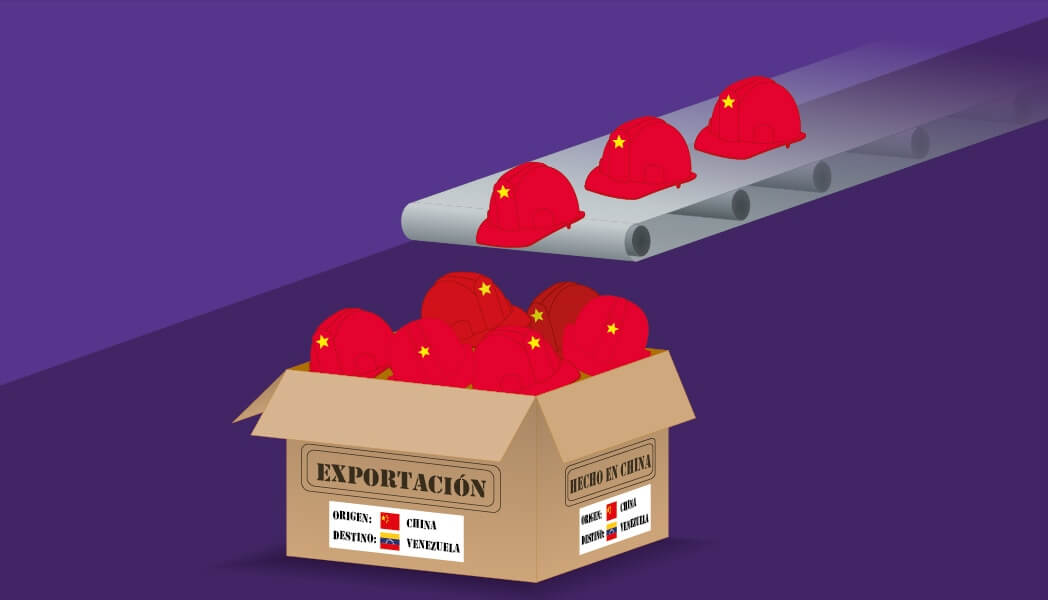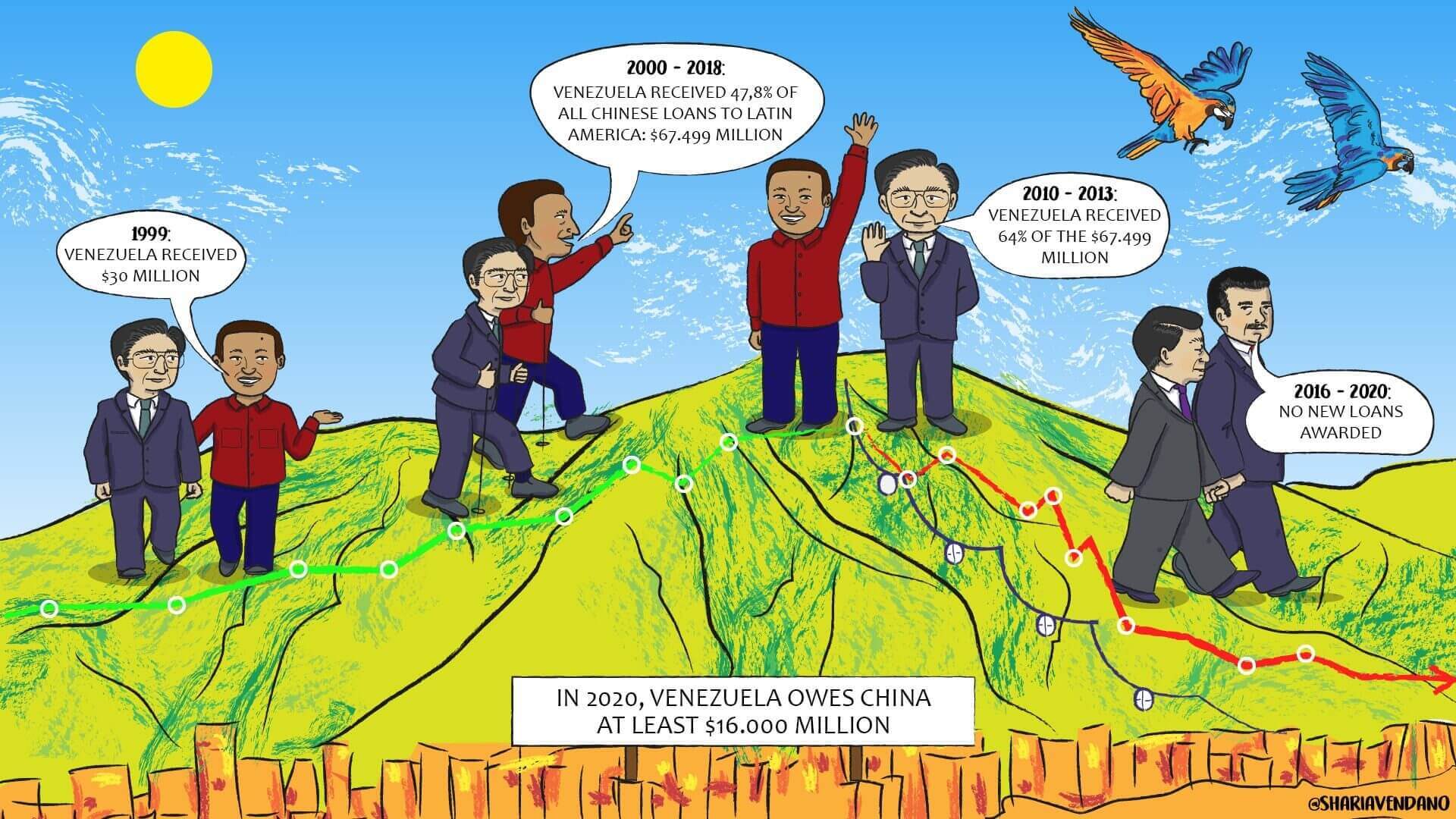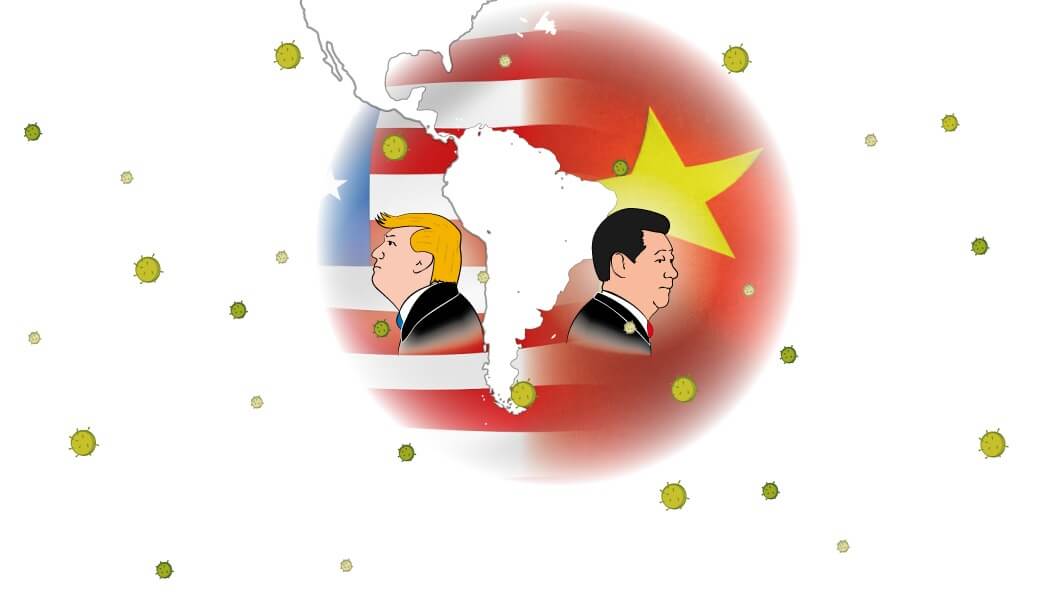Category: Reporting
In this space we offer a series of journalistic reports focused on the lesser-known aspects of China’s involvement in Latin America and the Caribbean. Herein, readers will find articles on emblematic cases and systemic data reports that will contribute to their understanding regarding China’s actions in the region. All our content counts with the editorial supervision of researchers, academics, and professionals, thus guaranteeing up-to-date, extensive, and revealing information about the course and intricacies of the Sino-Latin American relationship.



